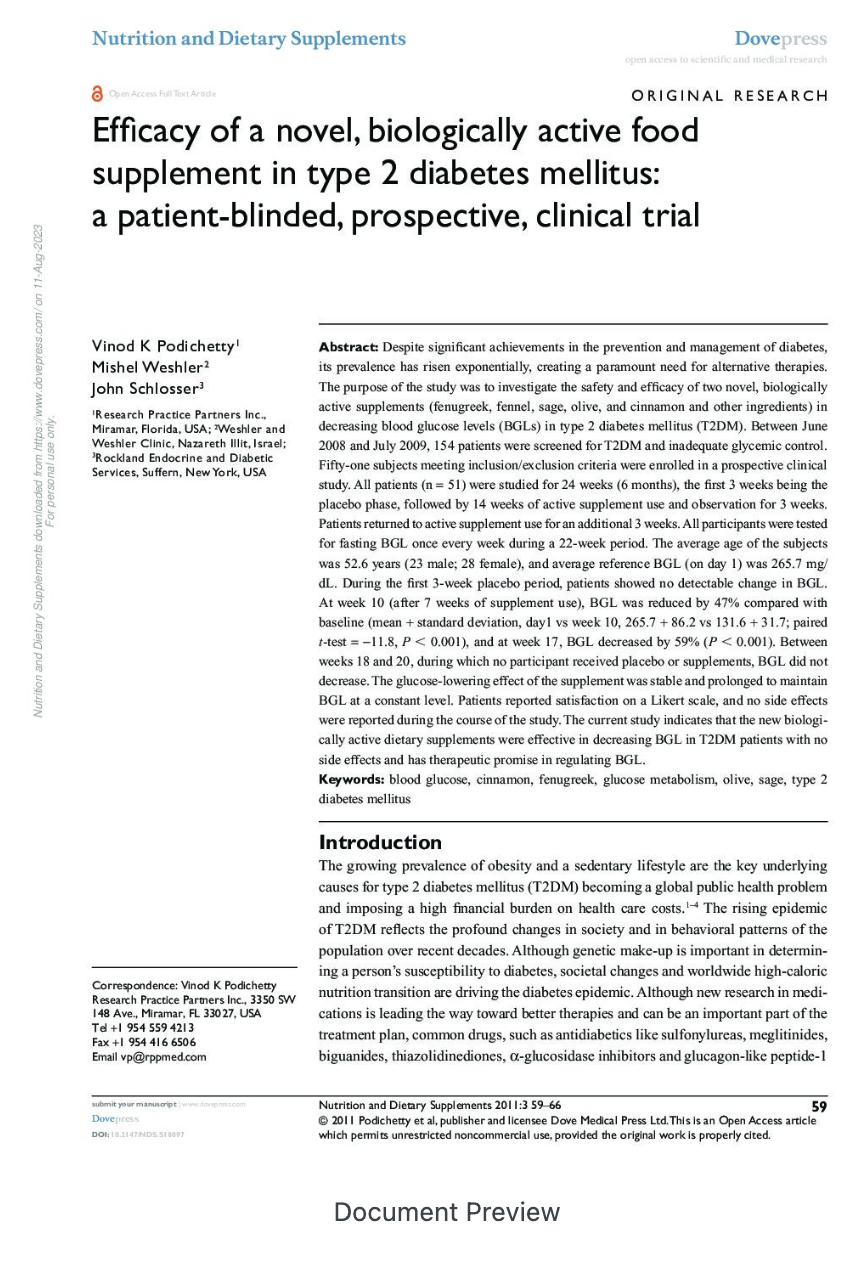Diabetes is a chronic health condition that affects how your body turns food into energy. Your body breaks down most of the food you eat into sugar (glucose) and releases it into your bloodstream, where it’s transported throughout your whole body. The three types of diabetes are type 1, type 2, and gestational diabetes. Type 2 diabetes makes up about 9 out of 10 cases.
What is Type 2 Diabetes?
Type 2 diabetes is a chronic condition that affects the way your body metabolizes sugar. If you have type 2 diabetes, your body does not use insulin properly. This can cause your blood sugar levels to become too high.
Type 2 diabetes is the most common form of diabetes, and it typically develops in adulthood. However, more and more children and teens are developing type 2 diabetes due to obesity and poor diet.
If you have type 2 diabetes, you will need to take steps to manage your condition. This includes making healthy lifestyle choices, such as eating a balanced diet and getting regular exercise. You may also need to take medication to control your blood sugar levels.
left untreated, type 2 diabetes can lead to serious health complications, such as heart disease, stroke, and kidney damage. With proper treatment and care, however, you can live a long and healthy life with this condition.
Risk Factors for Type 2 Diabetes
While anyone can develop type 2 diabetes, there are certain risk factors that can increase your chances of developing the condition.
Some of the most common risk factors for type 2 diabetes include being overweight or obese, having a family history of diabetes, being over the age of 45, and having high blood pressure or cholesterol levels.
If you have any of these risk factors, it is important to speak with your doctor about ways to reduce your risk. There are many lifestyle changes that you can make to reduce your risk of developing type 2 diabetes.
Exercising regularly, eating a healthy diet, and maintaining a healthy weight are all great ways to reduce your risk. If you have a family history of diabetes, you may also be able to take steps to prevent the condition by speaking with your doctor about genetic testing and early detection.
Signs of Type 2 Diabetes
Type 2 diabetes is a chronic condition that affects the way your body metabolizes sugar. If you have type 2 diabetes, your body doesn’t use insulin properly. This can cause your blood sugar levels to rise.
There are a number of different signs and symptoms of type 2 diabetes. Some people may not experience any symptoms at all. Others may experience one or more of the following:
-Increased thirst
-Frequent urination
-Fatigue
-Blurred vision
-Slow healing wounds
-Weight loss
-Nausea and vomiting
If you think you may have type 2 diabetes, it’s important to see a doctor for a diagnosis. Type 2 diabetes is a serious condition that can lead to complications like heart disease, stroke, and kidney failure.
Causes of Type 2 Diabetes
There are many different causes of type 2 diabetes, and it is a complex disease. However, there are some risk factors that can increase your chances of developing the condition.
One of the most significant risk factors for type 2 diabetes is obesity. If you are overweight or obese, your body is more likely to develop insulin resistance. This means that your body will not be able to effectively use the insulin that it produces.
Other risk factors for type 2 diabetes include a sedentary lifestyle, high blood pressure, high cholesterol, and a family history of the condition.
If you have any of these risk factors, it is important to talk to your doctor about ways to reduce your risk. You may be able to prevent or delay the onset of type 2 diabetes by making healthy lifestyle choices.
Treatment for Type 2 Diabetes
If you have been diagnosed with type 2 diabetes, your doctor will likely prescribe a treatment plan that includes medication, diet, and lifestyle changes.
Medication: There are many different types of medications available to treat type 2 diabetes. The most common ones are insulin, metformin, and sulfonylureas.
Diet: A healthy diet is an important part of managing type 2 diabetes. You should aim to eat plenty of fruits, vegetables, whole grains, and lean protein. You should also limit your intake of sugar, saturated fat, and sodium.
Lifestyle Changes: In addition to medication and diet, lifestyle changes are also important for managing type 2 diabetes. You should try to get regular exercise, maintain a healthy weight, and avoid smoking.



Recent Comments